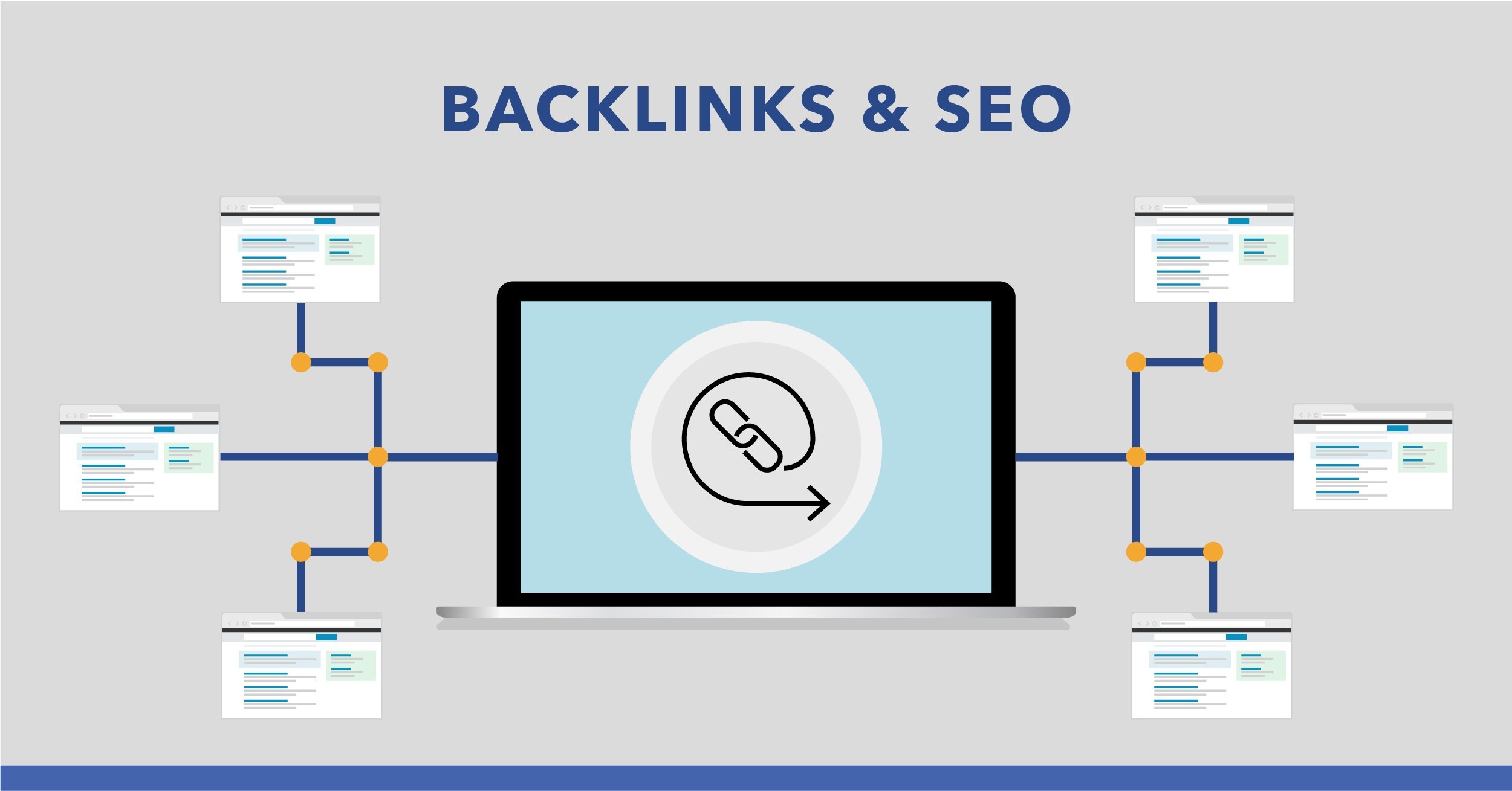
What is a Backlink and Why is it Important for SEO?
Discover the importance of backlinks in SEO, how to build quality links, and optimize your strategy with SEOtoolSEO's Backlink Checker tool.

In the world of Search Engine Optimization (SEO), “backlinks” play a critical role. But what is a backlink, and why does it matter so much in the SEO realm? A backlink is a link from one website to another, and it serves as a valuable indicator to search engines about the credibility and relevance of your content. This article explains what backlinks are, their importance, and how you can use a Backlink Checker to enhance your SEO strategy.
What is SEO and How Do Backlinks Impact It?
SEO, or Search Engine Optimization, is the practice of optimizing a website to rank higher in search engine results pages (SERPs). SEO involves several strategies, from keyword usage to site speed and user experience. However, backlinks remain one of the most influential factors in determining a website’s authority and ranking. Backlinks are often seen as “votes of confidence” from other sites, telling search engines that your content is credible and worth recommending to users.
When other reputable websites link to your content, it sends a positive signal to search engines. This is where backlinks—also known as “inbound links” or “incoming links”—come into play. They help build trust and increase the likelihood of your content being ranked higher in search results. That’s why the importance of backlinks is crucial in building an effective SEO strategy.
Types of Backlinks: Which Are the Most Beneficial?
Not all backlinks are created equal, and understanding the types of backlinks can help you focus on building high-quality ones:
- Natural Backlinks: These are earned organically when other websites link to your content because they find it valuable. They’re the most desirable type because they occur naturally.
- Guest Post Backlinks: Created when you publish a guest post on another site and link back to your own. Guest posting is an effective way to gain backlinks and boost SEO.
- Editorial Backlinks: These are placed by editors or site owners when they reference your content in their own articles. They usually come from reputable sources, providing a significant SEO boost.
- Directory or Social Profile Links: Links from online directories or social media profiles are useful for establishing a basic level of credibility, though they may not have as much impact on SEO as other types.
Why Are Backlinks Important for SEO?
The importance of backlinks in SEO lies in the authority they lend to a website. When multiple reputable sites link to your content, it signals to search engines that your website is a trusted source. As a result, your website gains authority, which can improve its ranking. Here are a few key benefits of backlinks:
- Improved Search Rankings: Websites with more high-quality backlinks generally rank higher on search engine results pages. This increased visibility means more traffic.
- Faster Indexing: Backlinks help search engines discover your site more quickly, especially if it’s new. Search engines use backlinks to navigate and index the content across the web.
- Increased Referral Traffic: Visitors who click on backlinks from other sites to yours can boost traffic. This is valuable, especially if the backlinks are on high-traffic or relevant websites.
- Enhanced Site Authority: Search engines use the number and quality of backlinks as a ranking factor. Having reputable sites link to yours can increase your site's authority, which in turn supports a stronger SEO foundation.
Using SEOtoolSEO's Backlink Checker to Optimize SEO
One of the best ways to assess the quality of your backlinks is by using a Backlink Checker tool. At SEOtoolSEO, we offer a Backlink Checker that allows you to examine your existing backlinks, identify their sources, and analyze their impact on your SEO efforts.
Here’s how to use the Backlink Checker to your advantage:
- Identify Quality Links: The tool helps you find which sites are linking to yours and whether those links are valuable for your SEO goals.
- Analyze Link Diversity: A diverse backlink profile, with links from different types of websites, is a good indicator of a healthy SEO strategy.
- Spot Low-Quality Links: Some backlinks may come from spammy or irrelevant sites, which can harm your SEO. Use the Backlink Checker to spot these links and consider disavowing them.
- Track Progress: Regularly using a Backlink Checker lets you monitor the growth of your backlink profile, helping you see how your SEO strategies are paying off over time.
With a comprehensive view of your backlinks, you’ll be better equipped to build a link profile that boosts your SEO and overall website authority.
Best Practices for Building Quality Backlinks
Building quality backlinks takes time, but following these best practices can streamline the process and maximize your SEO impact:
1. Create High-Quality Content
Content is the backbone of a successful SEO strategy. To attract backlinks, focus on producing original, informative, and engaging content. When your content provides value, other sites are more likely to link to it naturally, increasing the backlink count for your page.
2. Leverage Guest Blogging
Guest blogging on reputable websites in your niche can help you gain backlinks and increase your visibility. Choose sites that have a good domain authority and relevant audiences for better SEO impact.
3. Use Social Media
Promoting your content on social media platforms can increase its reach and help gain backlinks. While social links may not directly impact the SEO, they can drive traffic to your site, increasing the chances of earning natural backlinks.
4. Network with Industry Influencers
Connecting with influencers in your industry can lead to backlink opportunities. When influencers mention your website in their content, it helps you gain high-quality backlinks that support SEO growth.
5. Monitor Competitor Backlinks
Analyze the backlinks of your competitors to understand what works in your industry. This insight can guide your backlinking strategy. You can use the Backlink Checker to assess the links pointing to competitor sites and identify potential sources for your own backlinks.
Common Mistakes to Avoid When Building Backlinks
While backlinks are essential for SEO, there are common mistakes to avoid:
- Buying Backlinks: Paid backlinks from low-quality sites can result in penalties. It’s best to focus on building backlinks organically.
- Relying on Irrelevant Links: Links from unrelated sites don’t add value and may even harm your SEO.
- Keyword Stuffing in Anchor Text: Overusing exact-match keywords in backlinks’ anchor text can look spammy to search engines, so aim for variety in your anchor text.
Conclusion: The Importance of Backlinks for SEO
Backlinks are a powerful tool for Search Engine Optimization when used correctly. They not only improve your search rankings but also enhance your site’s credibility and authority. By focusing on high-quality backlinks, using tools like SEOtoolSEO’s Backlink Checker, and avoiding common mistakes, you can establish a robust SEO strategy that drives organic traffic and long-term success.
To optimize your website’s SEO performance, regularly check your backlinks using the Backlink Checker on SEOtoolSEO and stay proactive in building links that add value. With a strategic approach, you’ll be on your way to SEO success and a stronger online presence.





.jpg)